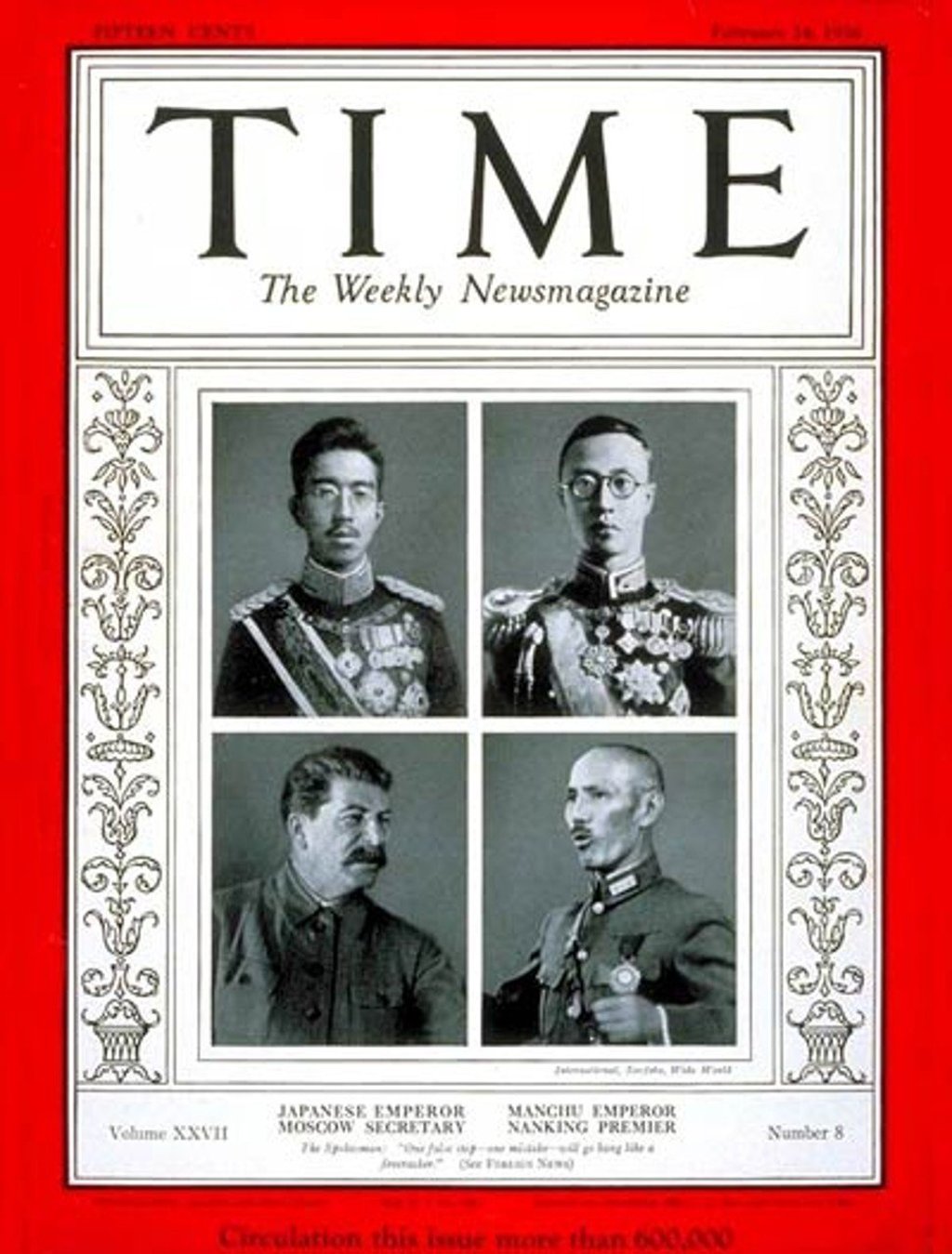Remembering China’s last emperor, Puyi, 50 years after his death

Today marks the 50th anniversary of the death of China’s last emperor – Puyi. The archives of Beijing’s Palace Museum reveal his forgotten treasures, from playthings during his childhood to his iconic round spectacles
On a sunny day in 1960 in the Beijing Botanical Garden, a bespectacled man in a Mao jacket nurtured a small bed of flowers. Many had forgotten that this gardener had once been responsible for more than just a patch of land. This workman, commonly known as Puyi, had once owned the entire empire.
Born in 1906, the last Chinese emperor, Aisin Gioro Puyi, started his reign when he was only two. He was chosen to be the emperor by Empress Dowager Cixi. Throughout his tumultuous life, Puyi was crowned and deposed three times.


To mark the 50th anniversary of Puyi’s death, we browsed through the archives of the Palace Museum – the place where Puyi had once called home – to find some of Puyi’s possessions. The relics reflect the imperial life of the last Chinese emperor, and the fading glory of the Qing dynasty. After Puyi became a regular citizen, he too had to buy a ticket to enter his old home.

The gold eyeglasses